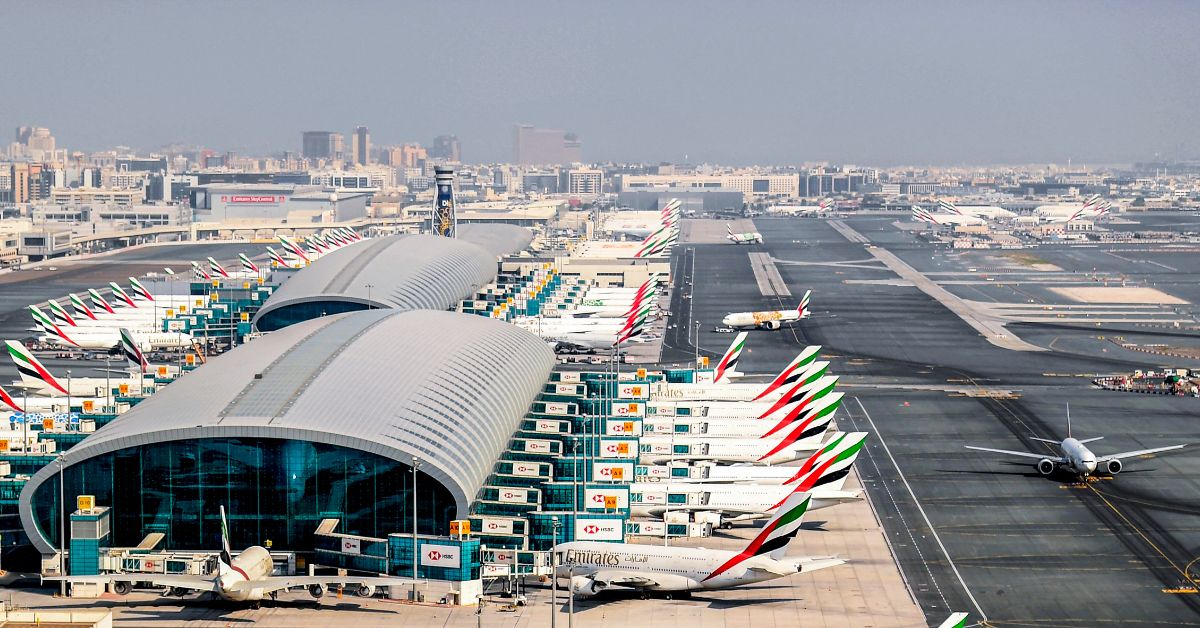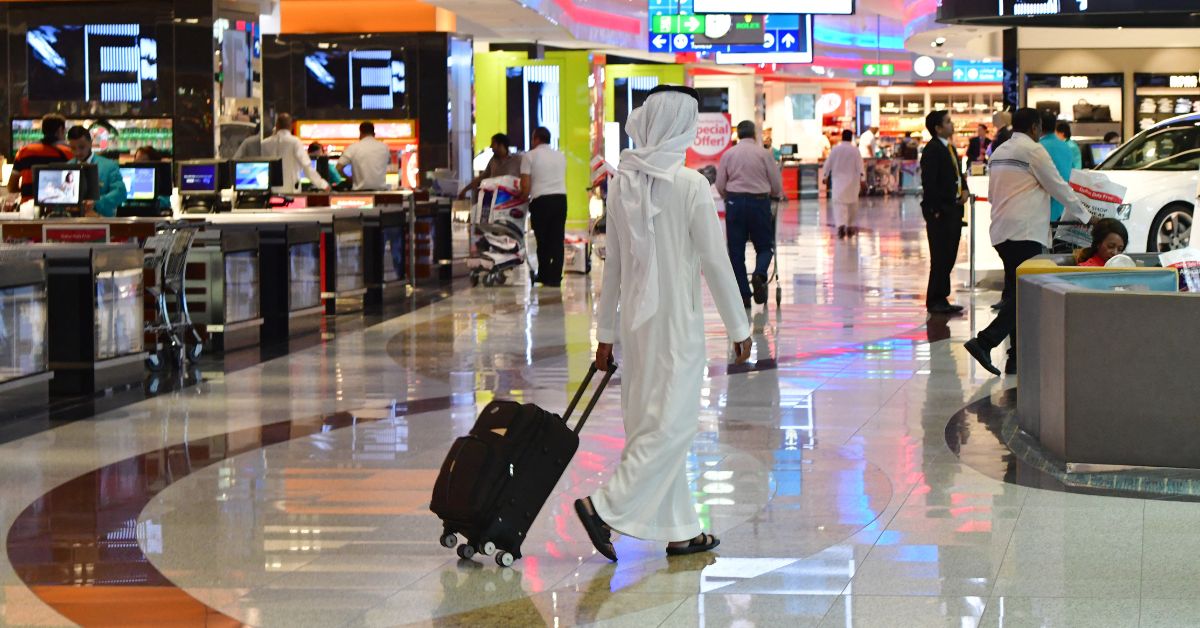DUBAI, UAE — Dubai International Airport stands as a true technological marvel in the bustling realm of international air travel, redefining the skies with its exceptional performance and unwavering commitment to excellence.
Exploring the technical prowess behind Dubai Airport’s rise to prominence makes clear that it is more than just a transportation hub—it is a beacon of innovation shaping the aviation industry.
Setting the Stage
In a world driven by the constant movement of global travelers, Dubai International Airport has consistently made its mark among the industry’s giants. Its latest achievement, securing the second position globally for the busiest airport in terms of passengers in 2023, is a testament to its ongoing success.
Surpassed only by Atlanta Airport in the US state of Georgia, Dubai Airport welcomed an impressive 56.5 million passengers, marking a significant 25 percent increase from the previous year.
But Dubai Airport’s triumph extends beyond passenger numbers to its technological excellence. Aviation data specialists OAG recognized the airport as the leading international airport for seat capacity on scheduled international flights in 2023. This remarkable feat represents a 5 percent increase over pre-pandemic levels in 2019, showcasing Dubai Airport’s resilience amidst unprecedented challenges.
Dubai International Airport’s achievement in surpassing pre-COVID-19 pandemic levels by 5 percent, reaching an impressive 54 million seats in 2019, has been widely recognized. The UAE General Civil Aviation Authority forecasts a growth of up to 4 percent in passenger traffic across the country’s airports in 2024, reflecting optimism in Dubai’s aviation sector.
World Travel Awards’ Crown Jewel
In December, Dubai International Airport added another accolade to its collection by being named “Leading Airport in the World” for the second consecutive year at the prestigious World Travel Awards ceremony. This honor underscores Dubai’s dedication to excellence and highlights the airport’s consistent provision of world-class services.
Monthly Dominance: A Saga of Success
Dubai Airport’s monthly performance is a testament to its success in the highly competitive aviation landscape. According to OAG’s monthly report, the airport maintained its position as the world’s largest international airport in terms of scheduled seat capacity in August. With over 4.96 million designated seats, Dubai Airport surpassed its global counterparts, reinforcing its reputation as a leader in global aviation.
Dubai Airport’s robust performance is not simply a matter of chance but the result of a strategic blend of technological innovation and forward-thinking growth initiatives. Recording over 21 million international passengers in the first quarter of 2023, the airport marked a 55.8 percent increase compared to the same period in the previous year. This substantial growth, nearing pre-2019 levels, led Dubai Airports to revise its passenger traffic forecast for the year, raising it to an impressive 83.6 million passengers.

Paving the Way for the Future
At the heart of Dubai Airport’s success is a robust technological infrastructure. The airport’s ability to smoothly navigate through challenges, adapt to evolving travel landscapes, and consistently provide a world-class experience to passengers is anchored in its commitment to technological advancement.
Reflecting on Dubai International Airport’s achievements in 2023 highlights that it’s more than just a transit point; it’s a symbol of innovation, resilience, and a commitment to setting new benchmarks in the aviation industry. Dubai Airport’s technological prowess has not only elevated it to the global stage but also established it as a beacon of innovation in the sky, guiding the future of air travel.
Facilitating Global Trade
Dubai’s international airport plays a pivotal role in facilitating global trade, particularly through its integrated free zones. Strategically located around the airport, these zones provide businesses with an ideal environment for trade, manufacturing, and innovation. The seamless movement of goods through the airport has positioned Dubai as a global trade hub, driving economic activities and attracting international businesses seeking a strategic regional base.
The steady stream of international passengers passing through Dubai Airport profoundly impacts the city’s tourism industry. Hotels, restaurants, and retail establishments thrive on the continuous influx of visitors. The airport’s status as a layover destination further fuels the hospitality and retail sectors, creating a ripple effect that extends to various corners of the city.
Dubai International Airport’s economic impact resonates throughout the city, weaving a tapestry of growth, opportunity, and innovation. Its influence reaches beyond its physical boundaries, shaping Dubai’s economic landscape and propelling the city into one of the world’s most dynamic and forward-thinking metropolises.








